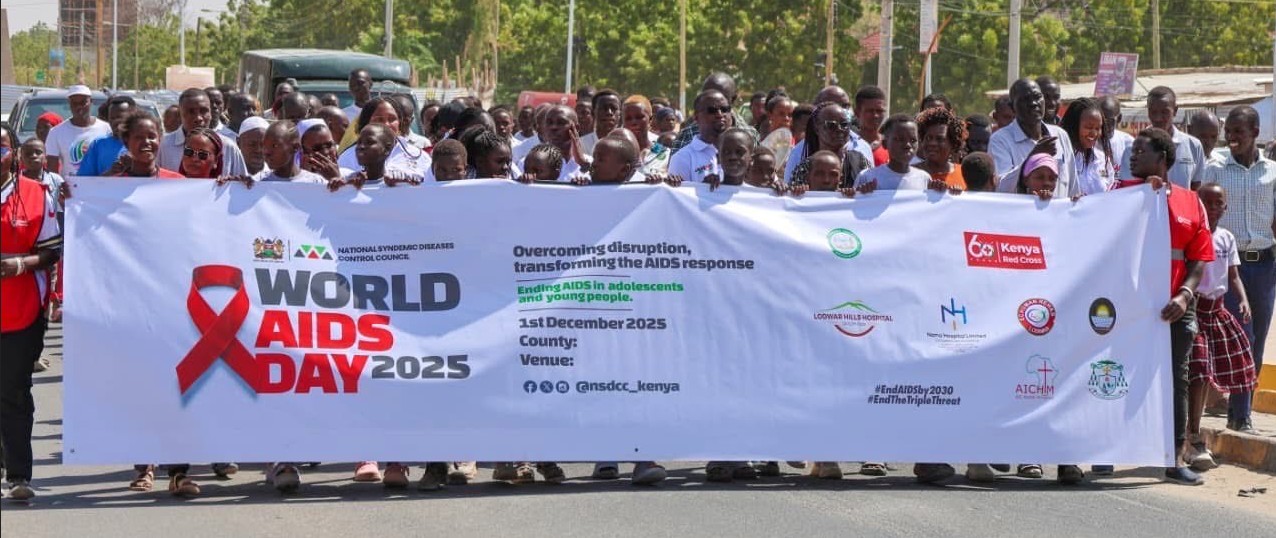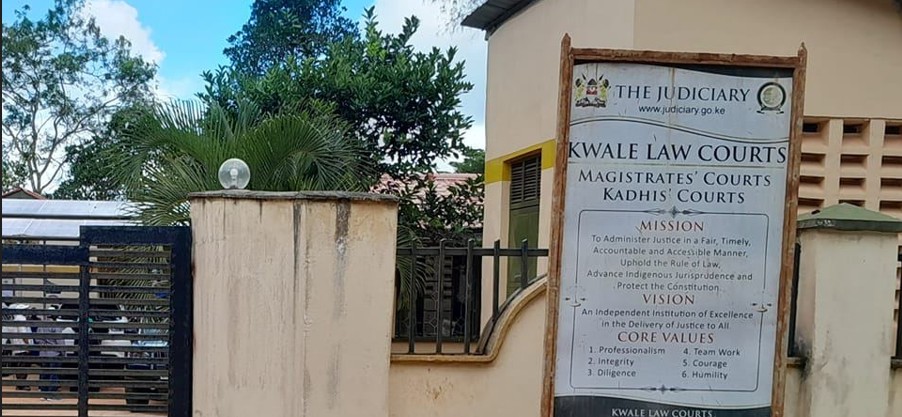Kenya reports decline in criminal cases, police misconduct on the rise

While the overall number of crimes decreased, offences such as assault, theft, and drug-related crimes remain the most common.
Kenya has recorded a drop in criminal cases for the first time in five years, with the total number falling below 100,000.
The 2024/2025 Annual Administration of Justice Report shows criminal cases dropped from 105,000 last year to 98,000 this year.
More To Read
- EACC traces Sh22.9 billion, recovers Sh3.4 billion in fight against corruption
- Murkomen warns perpetrators of by-election violence will face action
- Cases of police misconduct rises despite overall drop in crime -Report
- ‘Everyone should vote freely’: KNCHR warns against intimidation and bribery in by-elections
- Murkomen warns politicians against deploying supporters to by-election tallying centres
- Murkomen defends recall of Natembeya's security detail ahead of Thursday's by-elections
While the overall number of crimes decreased, offences such as assault, theft, and drug-related crimes remain the most common.
The report indicates that physical harm and assault continue to dominate criminal activity, followed closely by theft and drug-related offences.
However, police misconduct is showing an upward trend. Cases involving officers using excessive force or participating in criminal acts increased from 203 to 242 within the same period.
Corruption within government institutions continues to hinder access to justice, with the judiciary highlighted as an area of concern.
Stakeholders in the justice sector have called for efforts to address crime and corruption at the same time, emphasising transparency across both law enforcement and judicial institutions.
Law Society of Kenya President Faith Odhiambo underscored the need to modernise the justice system to improve accountability.
“Much still needs to be done, including allowing Kenyans to track their cases online, which has not yet been implemented,” she said.
Interior Cabinet Secretary Kipchumba Murkomen also raised concerns about the courts’ role in systemic failures.
“We need to face issues openly. Some judges are corrupt. We must bring them to book,” he said, stressing that public confidence requires addressing corruption in both the police and the judiciary.
Chief Justice Martha Koome acknowledged that corruption in the judiciary remains a persistent challenge despite ongoing reforms.
“We will end corruption, including corrupt brokers in courts,” she said, adding that the judiciary is working with security agencies to hold corrupt judges and court officials accountable.
Murkomen further suggested that courts reconsider granting bail to suspects charged with serious offences, such as defilement and drug trafficking, arguing that stricter bail conditions could help prevent repeat offences.
Top Stories Today











































